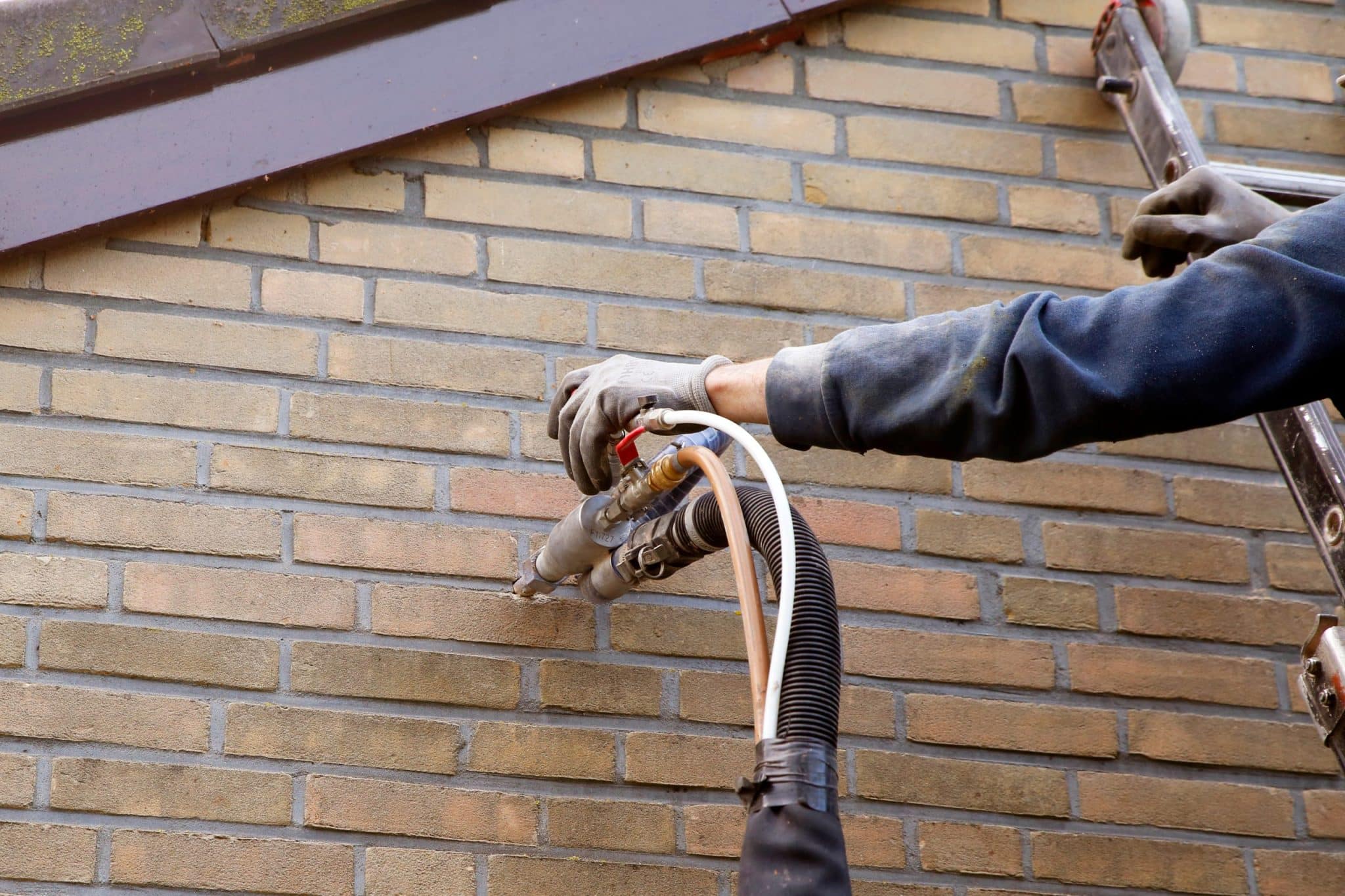Top Ways to Cut Spending and Slash Bills in 2025
Rising living costs continue to put pressure on household budgets, leaving many people looking for ways to cut back and save money. Essentials such as heating, transport, and utilities often make up a large portion of monthly expenses, but with a few simple adjustments, it’s possible to reduce spending without compromising on quality or comfort.
From improving energy efficiency at home to making smarter shopping decisions, there are plenty of strategies to help lower costs and make budgets stretch further.
Assessing Your Current Spending
Before making changes, it’s essential to assess where your money is going. Start by reviewing bank statements and identifying recurring expenses, such as utility bills, insurance, and subscriptions.
Budgeting apps can help track spending patterns and highlight areas where costs can be reduced. Setting a realistic monthly budget allows you to prioritise essentials while trimming unnecessary outgoings.
Consider categorising expenses into needs, wants, and savings to make it easier to identify areas to cut back. Reviewing expenses regularly ensures you stay on track and spot potential savings opportunities as they arise. In addition, evaluating annual contracts for services like broadband, insurance, and energy can uncover chances to renegotiate rates or switch providers for better deals.
Cutting Home Energy Costs
Energy bills are one of the largest household expenses, but there are numerous ways to bring them down. Start by improving your home’s energy efficiency; this could involve upgrading insulation, sealing draughts, and using energy-efficient appliances.
Regular boiler servicing can also ensure your heating system operates at peak efficiency, preventing costly breakdowns and lowering fuel consumption. If your property’s system is oil powered, bulk purchasing can help you save money on heating oil. Other simple adjustments, such as turning down your thermostat by one degree, can reduce heating costs significantly over the year.
Saving on Transport Expenses
Transport costs can quickly add up, especially for those who rely on their vehicles for work and daily commutes. To save money, consider carpooling or switching to public transport where possible. Keeping your vehicle well-maintained improves fuel efficiency, helping you go further on less petrol or diesel.
Driving habits also play a role in reducing costs—accelerating gently, maintaining a steady speed, and avoiding unnecessary idling can all help lower fuel consumption. If you’re in the market for a new vehicle, investing in a hybrid or electric car may offer long-term savings through lower running costs and government incentives.
Reducing Water & Utility Bills
Utility bills, including water usage, can be reduced by making a few simple changes. Installing low-flow showerheads and taps reduces water consumption without compromising performance. Fixing leaks promptly prevents wastage, while smart meters allow you to monitor energy usage in real-time and adjust your habits accordingly.
In addition, switching off appliances when not in use and opting for energy-saving bulbs can result in noticeable savings over time. Washing clothes at lower temperatures and air-drying instead of using a tumble dryer are other practical steps to keep costs down.
Smart Shopping & Household Savings
Finding ways to save money on home supplies and household essentials can make a big difference. Shopping during sales, using discount codes, and signing up for loyalty schemes are effective ways to cut costs. Cashback apps and online marketplaces often feature deals that can help you stretch your budget further.
Second-hand shops and online marketplaces can also offer excellent value for furniture, appliances, and home improvement tools. These approaches not only save money but also promote sustainable shopping habits.
Downsize & Declutter
Reducing clutter at home can lead to unexpected savings and even generate extra income. Selling unwanted items through online marketplaces, car boot sales, or second-hand shops can free up space while putting cash back in your pocket. Focusing on a minimalist approach not only curbs unnecessary spending but also encourages more intentional purchases in the future.
Decluttering can also help identify items that can be repurposed rather than replaced, saving additional costs. For example, old furniture can often be refinished or updated rather than discarded. This mindset supports both financial savings and sustainability by reducing waste.
Utilise Public Resources
Public libraries and community centres offer a wealth of free resources that can help cut costs on entertainment, education, and even practical tools. Borrowing books, magazines, and DVDs eliminates the need to buy new items, while access to free Wi-Fi and workspaces can save money on internet costs and office rentals.
Many libraries also lend out tools, kitchen equipment, and other household items, making them a cost-effective alternative to buying or renting equipment for occasional use. Furthermore, local community centres often host free workshops, fitness classes, and social events, providing affordable ways to learn new skills and stay entertained.







